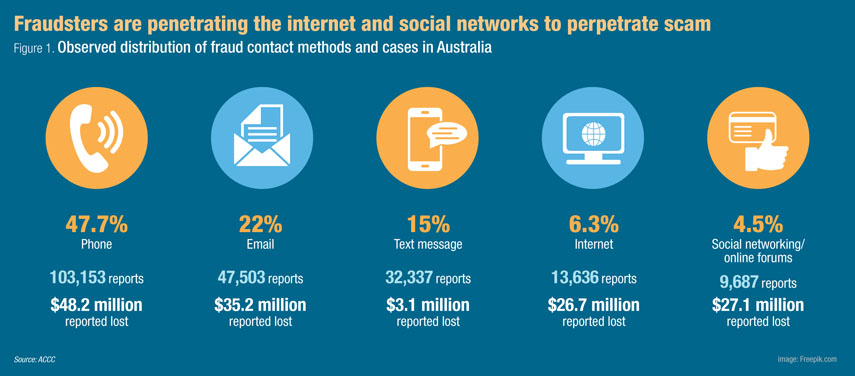Major banks, including HDFC Bank, ICICI Bank, and Kotak Mahindra Bank, have issued warnings to their customers, urging them not to engage with fraudulent social media handles impersonating the banks. The official handles of these banks cautioned customers against sharing personal information with fake handles, emphasizing the risks of falling victim to online frauds. The alerts come amid a surge in online scams targeting bank customers.
HDFC Bank, as the largest private sector lender in the country, took to Twitter to advise customers against divulging personal details such as phone numbers and bank account information. The bank highlighted the issue of individuals posing as HDFC Bank officials on social media platforms, attempting to extract sensitive information from unsuspecting customers.
ICICI Bank responded to a customer complaint by issuing a warning to fake handles misusing its identity. The bank emphasized the importance of customer safety and urged individuals not to seek contact details from customers or redirect them to unauthorized customer care numbers. The warning also stressed the removal of posts associated with fake handles using the bank’s logo.

Kotak Mahindra Bank, in response to a customer who shared his phone number with a fake handle, instructed the customer to share details only with official handles. The bank’s official Twitter account clarified the fraudulent nature of the profile and urged the customer to communicate only through the bank’s verified handles.
The prevalence of online frauds targeting bank customers has raised concerns, prompting financial institutions to caution their clientele. The Reserve Bank of India (RBI) acknowledged in its Trend and Progress of Banking in India report for fiscal year 2022 that banking frauds had increased year-on-year. Banks reported 9,102 frauds in FY22, compared to 7,358 frauds in FY21.
Customers seeking assistance or information from banks on social media platforms often become susceptible to interacting with fake handles, exposing themselves to potential scams. The sharing of personal details, including phone numbers, bank account numbers, PAN, and Aadhaar card numbers, poses a significant risk.
Banks have undertaken various initiatives to raise awareness about online frauds, including online campaigns, emails, SMS alerts, and cautionary messages on social media. The RBI, as the regulatory authority, has also been actively alerting the public about the increasing threats of online frauds.
RBI Executive Director Ajay Kumar Choudhary, speaking at Moneycontrol’s India Fintech Conclave, highlighted the regulator’s efforts to educate people about online frauds. Choudhary emphasized the role of data privacy laws in addressing online fraud challenges.
One notable reason customers may fall victim to fake handles is the realistic appearance of these profiles. Fraudulent handles often use official bank logos, cover photos, and links to the bank’s website, making them difficult to distinguish from genuine ones. To help customers identify authentic bank handles, some users pointed out that official, verified bank handles on Twitter typically have yellow or blue identification marks.
In conclusion, major banks are actively warning customers against engaging with fake social media handles to protect them from online frauds. The increased awareness aims to empower customers to verify the authenticity of bank handles before sharing sensitive information and contribute to a safer online banking experience.



